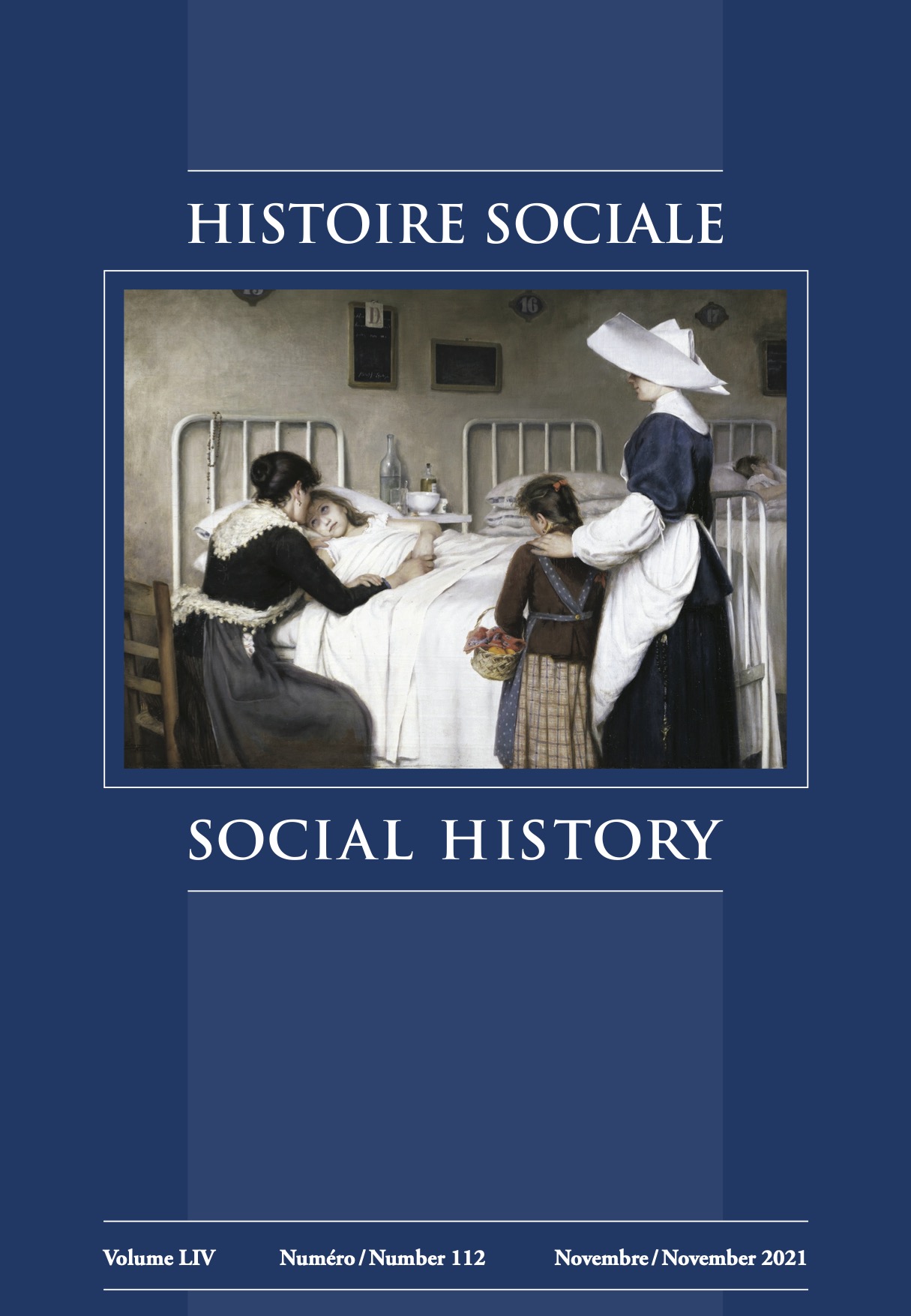Un air de famille : médecins prolétaires et patients ouvriers dans les centres de santé mutualistes des Bouches-du-Rhône (1950-1989)
Abstract
From the 1950s to the 1980s, in the mutualist health centres of the Bouches-du- Rhône region of southern France, socially committed doctors close to the French Communist Party developed atypical relationships and political alliances with their predominantly working-class and trade union patients. Based on archival work and a series of interviews, this article studies the social trajectories and forms of commitment of these doctors who were involved in the workers’ movement and whose objective was to create solidarity with their mutualist patients. It analyses the link between these doctors and their patients, who became “close” while remaining attentive to the tensions that may have jeopardized such an ideal of proximity. Two examples of popular intervention are studied to illustrate the evolution of their interactions: screening for asbestosis and women’s health.


